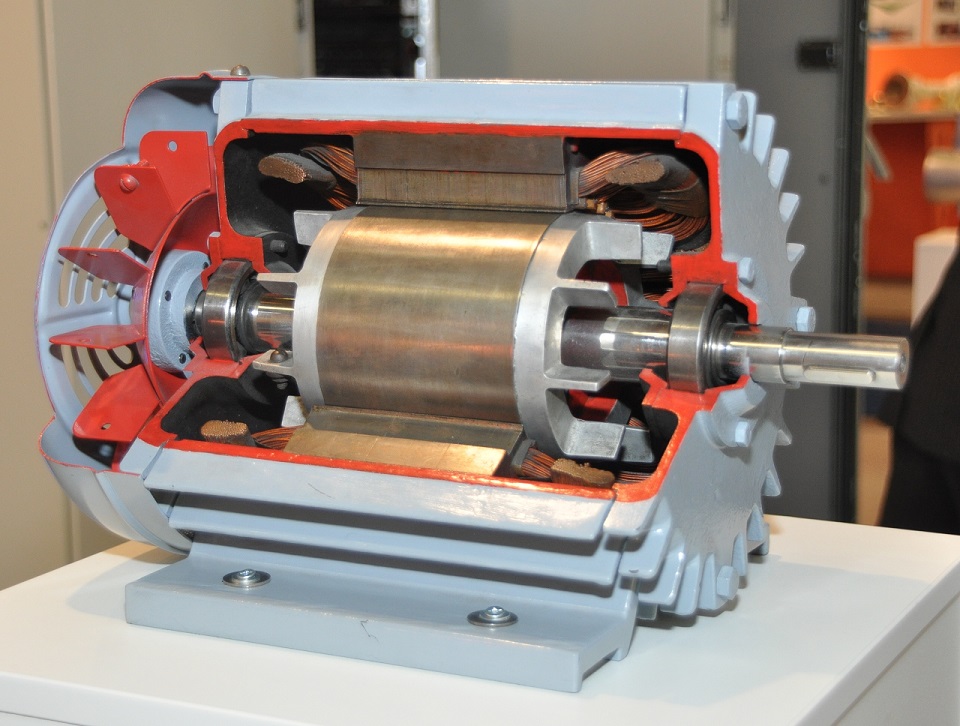A8204 - Basic Electrical Engineering

Objectives
Course Outcomes
After the completion of the course, the student will be able to:
A8204.1 Utilize network reduction methodologies alongside expertise in alternating quantities to determine current, voltage, and power parameters within complex DC and AC circuits.
A8204.2 Analyze the electrical circuits using Nodal analysis, Mesh analysis and Network theorems
A8204.3 Examine the fundamental principles governing the functionality of DC machines, AC machines, and Single-phase transformers, and adapt them to pracctical applications.
A8204.4 Analyze the operational characteristics and performance attributes of DC machines, AC Machines and Single-phase transformers
Syllabus
DC Circuits: Electrical circuit elements (R, L and C), Ohm’s Law, KVL and KCL, Types of sources, Source transformation, Network reduction techniques (Series, Parallel and Star-Delta), Mesh and Nodal analysis, Superposition theorem, Thevenin’s and Norton’s theorems (DC Excitation only) - Numerical problems
AC Circuits: Representation of sinusoidal waveforms, Average & RMS value, Peak factor, Form factor, j- notation, Analysis of single-phase AC circuits consisting of R, L, C, RL, RC, RLC combinations (series circuits only) - Numerical problems.
Single Phase Transformers: Working principle and constructional details, Types-Core and Shell type transformers, EMF equation, Transformer operation on NO load and ON load Conditions - Numerical problems on EMF equation.
DC Machines: D.C. Generators - Construction, Principle of operation, E.M.F. equation, Methods of excitation - Separately excited and Self-excited generators- Numerical problems on EMF equation. D.C Motors – Principle of operation, Concept of Back E.M.F., Torque equation, Torque-Speed characteristics of DC Shunt motor - Conceptual description only
AC Machines: Generation of rotating magnetic fields, Construction and working of a three-phase Induction motor, Concept of slip, Torque production- Starting and Running torques, Torque-Slip characteristics - Numerical problems on slip. Construction of Synchronous generator-Salient pole and Non-salient pole generators, Working principle of synchronous generator, No-Load Characteristics - Conceptual description only
Resources
Lecture Notes and Lab Videos
- Unit I Download
- Unit II Download
- Unit III Download
- Unit IV Download
- Unit V Download
- Lab Videos I Download
- Lab Videos II Download
Commitments
It is my ultimate goal for this course, and my teaching, to develop your academic skills, advance your learning of electrical and electronics engineering concepts. To do so will require commitments from myself and from you toward meeting this goal.
Active Participation
I will be prepared and on time for class each day, ready to use class time to help you understand the course material. I will respectfully listen to, understand, and answer questions asked in class.
You are expected to attend class and actively participate in discussions every day, answering questions, asking questions, presenting material, etc. Your participation will be respectful of your classmates, both of their opinions and of their current point in their educational journey, as we each approach the material with different backgrounds and contexts.
Constructive Feedback
I will keep office hours and be available for outside appointments, and respond to emails. I will provide feedback on group presentations, exams, projects, and homeworks.
You are encouraged to provide constructive comments for improving this course for furthering your learning throughout the semester. There will be an opportunity for anonymous course feedback at the end of the semester, in which I hope you all participate. Through your feedback I can improve this course and others for future students.
Academic Integrity
I will abide by the above syllabus and grade your work fairly.
- All students have an equal right to their opinions and to receive constructive criticism.
- Students should positively engage the course material and encourage their classmates to do the same.
- No students should gain an unfair advantage or violate their peers' commitment to honest work and genuine effort. It follows that any work that a student submits for class will be that student's own work. The amount of cooperation undertaken with other students, the consistency and accuracy of work, and the test-taking procedure should adhere to those guidelines that the instructor provides.
- Members of the Hendrix community value and uphold academic integrity because we recognize that scholarly pursuits are aimed at increasing the shared body of knowledge and that the full disclosure of sources is the most effective way to ensure accountability to both ourselves and our colleagues.